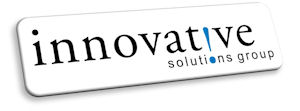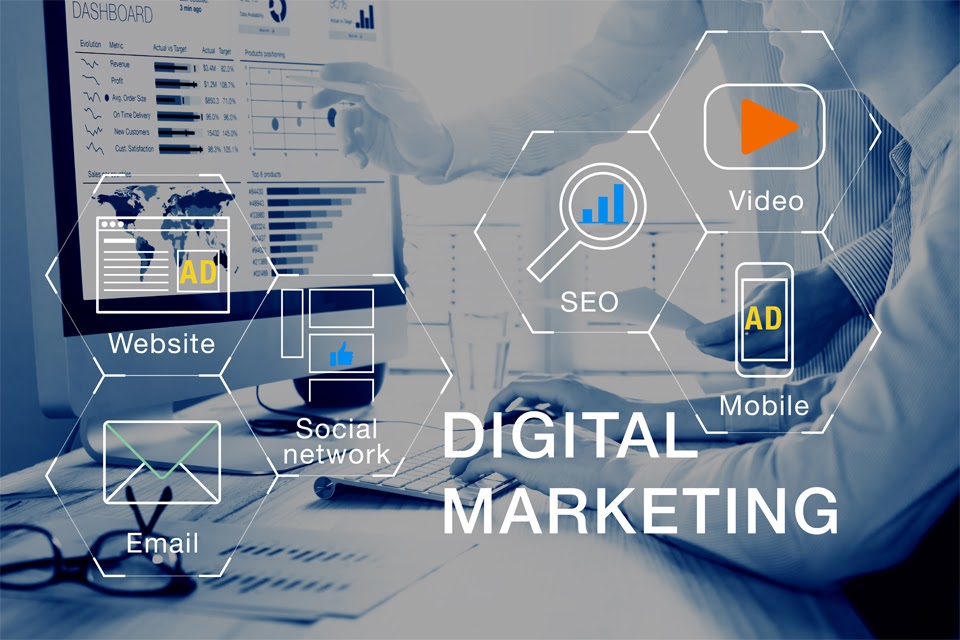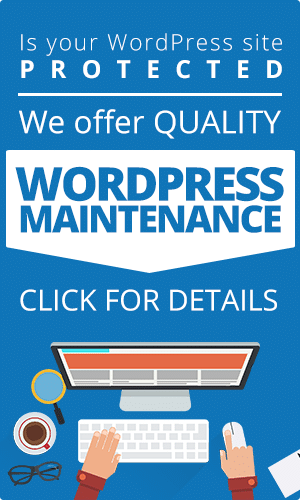Marketing is the whole business – head, body, and toes – seen from a customer’s point of view. This is why the better your marketing gets, the more you sell and the more loyal customers you accumulate.
But it is not just about marketing. The trick is in choosing the right, and most relevant, marketing strategy and channel.
Today, businesses grapple between two key marketing channels and strategies: digital and traditional marketing.
Deciding the best marketing plan for your business requires you to understand each channel, how each strategy works, and how they can work together. To achieve this, you must understand the difference between digital marketing and traditional marketing.
What’s the difference? Here’s everything you need to know.
What Is Traditional Marketing?
Traditional marketing in business is the oldest form of marketing.
Traditional marketing is the original marketing. It involves conventional (offline) marketing channels that usually contain advertising and promotional content to reach a semi-targeted audience.
Up until the advent of the internet in the 1990s, businesses had traditional marketing methods as the only ways to reach out to their audience.
Traditional marketing can be divided into five major categories:
- Print (newspapers, magazines, brochures, etc.)
- Broadcast (radio, TV, etc.)
- Outdoor (fliers, billboards, banners, etc.)
- Direct Mail (postcards, catalogs, etc.)
- Telephone (SMS marketing, telemarketing, etc.)
The fundamental aspects of marketing today heavily rely on the techniques of traditional marketing that have remained the same over the years. These are:
- Product
- Place
- Promotion
- Price
Every successful business acknowledges the significance of creating a proper sales funnel using a marketing plan – and these aspects of traditional marketing continue to dominate. By leveraging these four P’s, any business can lead its customers and prospects through any sales funnel and realize favorable results.
What Is Digital Marketing?
Put simply, any kind of online marketing (on the internet) is digital marketing. It can be defined as the promotion of products or services via one or more forms of electronic content and media (digital channels.) Examples of digital marketing channels include:
- Company websites
- Blogs
- Social media tools (Facebook, YouTube, Twitter, Instagram, Tumblr, etc.)
- Online or electronic Billboards
- Email marketing
- Mobile gadgets (phones, laptops, tablets, etc.)
Digital marketing has become wildly popular because of the technological developments that the world has been undergoing. It has changed consumer culture and behavior. Social media is undoubtedly a good strength to digital marketing. Anyone can achieve Instagram growth and establish a business on the platform.
As the world continues to evolve to become more digital, the market also continues to evolve. Digital marketing appears to be more cost-effective and rewarding than traditional because it is increasingly becoming a more direct way to connect with the target audiences globally.
For instance, the cost and rewards of organic searches continue to increase with the continuous development of Social Engine Optimization. Promoted tweets and Facebook posts, influencer trips, SEO, and Tasty videos are examples of how expansive digital marketing becomes.
Traditional Marketing Vs Digital Marketing
The main difference separating traditional and digital marketing is how they communicate the marketing message to an audience.
Here are some quick stats on Digital Marketing vs. Traditional Marketing:
- Consumers: digital marketing serves the audience which 40 years-old and below; traditional marketing serves the whole population with a focus on older adults
- 64% of consumers say that watching a marketing video online has influenced their purchase decision at least once
- 70% of consumers want to learn about products through content compared to traditional ad channels
- 46% of all Google searches seek to find local information, and 72% of those consumers shop from local stores
When evaluating any traditional or digital marketing strategy, you must consider the following differences to differentiate the two and measure their effectiveness:
1. Cost
Traditional marketing has recurring costs that can make it expensive and may not give a good return. An ad on the local newspaper or broadcast will only be a good investment if it reaches the target audience on the day it gets broadcast or published. What are the chances of that?
Any additional reach out may require a re-run of the print or broadcast campaign, which will need additional investment.
Compare such investment to content marketing that you create only once on your website and can be used for months or even years without any additional cost. Digital marketing can prove to be less expensive.
2. Marketing approach
Traditional marketing entails more of a personal approach because the marketer needs to build a person-to-person relationship with the audience.
In digital marketing, there is no need for a person-to-person relationship, as all meetings happen online. The marketer, however, has to maintain a significant amount of online presence to improve its appearance in the mind of the audience or consumers.
3. Target audience
Every marketing strategy targets a particular audience.
In the traditional market, it is easy to reach out to the local audience or consumers. You’ll have to identify your audience and then place marketing messages (use a channel) where your audience will see, hear, or interact easily and offline.
It targets a wide net of audiences/customers. For instance, use print ads, billboards, radio, or television advertisements.
The reach of digital marketing is wider. Digital marketing is facilitated online to reach a global audience. It uses organic or paid content and ads on search engines or social media, as well as email marketing, video marketing, and influencer marketing. Digital marketing has a specific target market for every content.
4. Consumer interaction and engagement
Traditional marketing offers very little interaction with the audience because the marketing mediums are not flexible enough to allow the customer’s interaction. The audience is left to see, hear, or read about the marketing message without giving feedback easily.
Digital marketing facilitates engagement and interaction. Customers can easily give feedback such as product reviews, buyer experience, and testimonies, etc. This allows the company to collect customer feedback and use it in their analytics easily.
5. Ease of measuring results
It isn’t easy to measure results in traditional marketing. When you distribute fliers, give away brochures, or advertise in newspapers or magazines, you don’t know how far your marketing is going to reach.
Digital marketing lets you measure results easily. You get a clear-sighted marketing approach, instead of just going blind-eyed. You have access to a lot of information about your customers and prospects to understand where you are going.
For instance, you will know the people who visit your website and the number of people that watch your video.
Which One Should You Choose?
The key to having a good marketing campaign is to strike a balance between digital marketing and traditional marketing.
Can they work together? Yes, absolutely.
In 2020, digital marketing highly compliments traditional marketing. Both are significantly important in a marketing strategy. But your business will realize greater results when you use both in unison.
A good example is how Coca-Cola and Guinness have been able to maintain both digital and traditional marketing with the right mix to reach both types of audiences.
Wrapping Up
Find what works for you!
Ultimately both marketing types have their benefits and disadvantages. The key is to understand what works best for you and your specific marketing needs. you’ll also need to understand your target audience and consider your budget.
We believe that with this information, now you can confidently choose or balance digital marketing and traditional marketing.
If you’re working from home, you can learn the best PC tips and tricks, the best antimalware programs, and other PC repair guides at a trusted website.
Need help with your marketing? Give us a call and ask about our affordable SEO services, we’d love to help!






